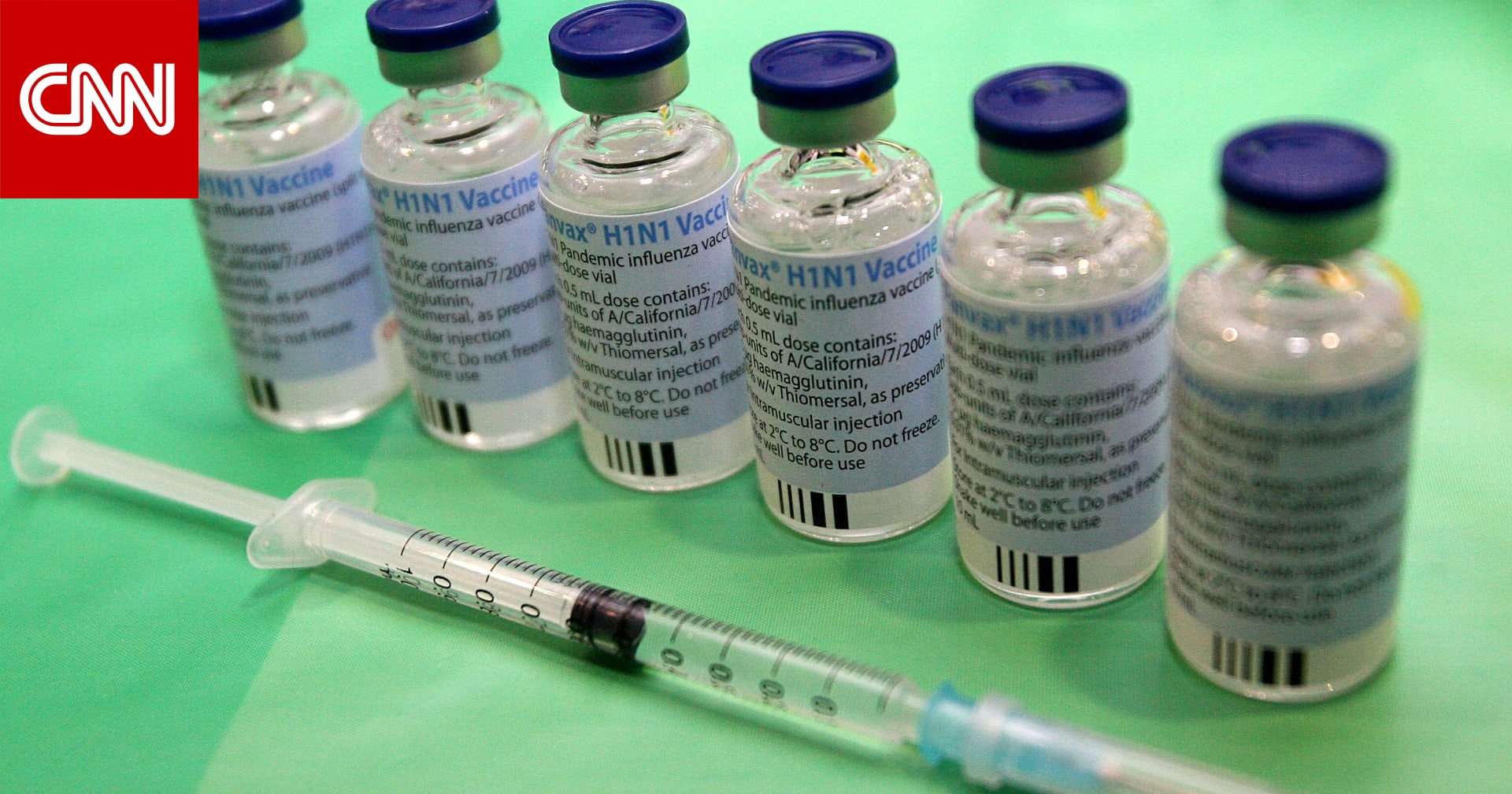Dubai, United Arab Emirates (CNN) – Preventive measures for “Covid-19”, put in place to keep us safe over the past two and a half years, such as complete closure, physical distancing, wearing masks and washing hands, have limited the spread of other viruses. As people go back to school and work and take off their masks, those viruses, including respiratory syncytial virus and flu, are back in full swing.
Scientists have assumed that the “immune gap” resulting from the last few years has likely caused this “unprecedented” early spread of the current respiratory syncytial virus, and this applies to other seasonal respiratory viruses spreading around the world.
“We’ve always had a history of respiratory syncytial virus and other respiratory diseases in the United States, so we know these very regular patterns of epidemics have existed,” said Rachel Baker, an epidemiologist and assistant professor at Brown University.
“Respiratory syncytial virus spreads annually in late autumn and winter, often infecting young children. Then it disappears again during the spring and summer, only to reappear the following winter,” Becker said. “It’s something that happens very regularly and it’s very predictable.”
Cases of respiratory syncytial virus began appearing in the United States during the spring and have so far recorded the 60% higher rate than the peak week in 2021, according to an analysis by CNN, and these estimates may be lower than the rate. actual.
Furthermore, the spread of the flu has seen an increase in the number of cases in the United States as well, a little earlier than usual. A large number of students were absent in some schools, and medical clinics noted an increase in the number of infections from other respiratory viruses, sometimes not conforming to the usual patterns.
These uncommon patterns have been applied to other respiratory infections such as adenoviruses, parainfluenza and rhinoviruses, which also circulate in other countries.
Scientists believe the pandemic’s unprecedented actions have also had unprecedented effects.
The “Covid-19” preventive measures have limited the spread of other viruses
“Indeed, the degree of social change that accompanied the Covid pandemic is unprecedented in the modern era,” said Dr. Kevin Mesakar, assistant professor of pediatrics at Children’s Hospital of Colorado.
Similar to COVID-19, respiratory syncytial virus and flu are spread through droplets in the air when you cough or sneeze. The drops persist for hours on frequently touched surfaces, such as doorknobs and light switches.
So people who washed their hands and disinfected surfaces, who wore masks and kept away from others, not only limited the spread of the Corona virus, but other viruses.
“While these interventions have been great at limiting the spread of COVID-19, they have also reduced the spread of other respiratory diseases such as respiratory syncytial virus and influenza,” Becker said.
Studies have shown a sudden drop in respiratory syncytial virus cases and hospitalizations during the 2020 and 2021 seasons, as well as an unusually low prevalence of influenza. “It’s really amazing,” Baker said.
But as COVID-19 vaccines and treatments become available, more and more people are starting to go back to school, work and interact without masks. So they started exchanging germs too.
Understanding the Immune Gap
Children develop natural immunity to viruses when exposed to them. According to the US Centers for Disease Control and Control (CDC), most children contract RSV before their second birthday. Infants, on the other hand, get passive protection from their mothers, who pass antibodies to them through breastfeeding.
However, the likelihood of children born during the pandemic and those around them has diminished over the past two years to catch this virus or other viruses. Thus their immunity decreased or did not form at all. So when these kids and their parents started interacting with others, they were more likely to get sick.
This summer, Mesakar and Becker teamed up to write a comment on this subject, published in the medical journal The Lancet, that “low exposure to endemic viruses has created a gap in immunity, as a group of susceptible individuals have escaped infection and therefore lacked specific immunity pathogens. ” To protect yourself from future infections.
They also warned hospitals of the need to be flexible and prepare for unpredictable breathing seasons due to this gap.
“We knew it was inevitable that these diseases would return,” Misakar told CNN.
Baker commented: “We are currently seeing a large spread of these viruses,” continuing that “they do not infect children, especially the newborn category, but rather older children.”
Becker and Mesakar don’t believe the RSV’s early season model will regularize anytime soon, but rather that it will take some time to return to its predictable cycle.
“We are going through a bit of a strange time right now, but I think in the next few years we will see these viruses explode regularly, but it is related to what is happening with Covid,” Becker said. If the coronavirus situation were to worsen to justify the necessary shutdowns, this could once again eliminate the seasonality of other viruses.
Mesakar noted that with viruses such as the flu, multiple factors are involved.
There is no vaccine to protect you from respiratory syncytial virus, but there is a flu vaccine, so if the flu vaccine is suitable for the strain in circulation and enough people receive it, the country could avoid a spike in the number of cases similar to that. we are dealing with respiratory syncytial virus.
Noting that scientists are making a vaccine for respiratory syncytial virus, but it will not be available this season.
What to do?
In the meantime, there are some very common things that need to be done to reduce the spread of RSV:
- to wash hands.
- Keep frequently used surfaces clean.
- Sneeze or cough into a handkerchief or elbow instead of your hands.
- Improve immunity by sleeping a lot and eating a healthy diet.
- Wear a face mask, especially when you are sick, and most importantly, stay at home.


